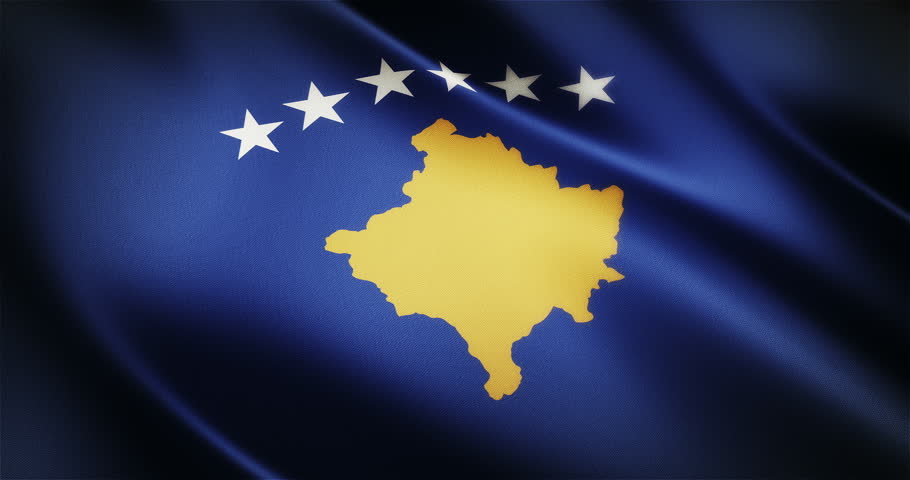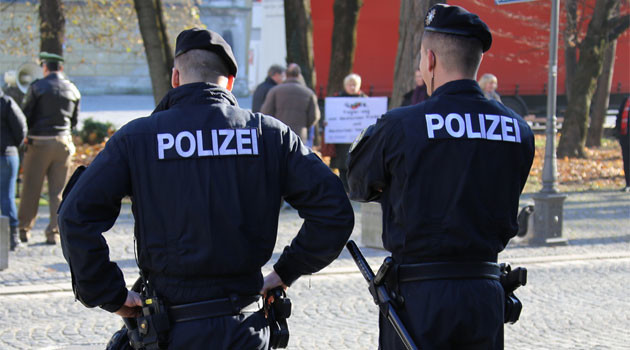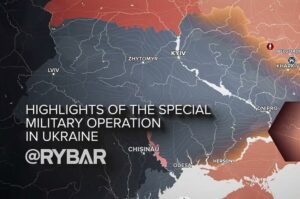
Recently, with freezing temperatures in Bosnia, conditions in the Vučjak camp reached a state of emergency. Some of the makeshift tents collapsed under the weight of the snow and the rain. On December 10, authorities began dismantling the camp and evicting its residents. About 750 migrants were transferred on fourteen buses to camps near Sarajevo and Salakovac, 250 kilometers away in western Bosnia and Herzegovina. Others, instead, were moved to the overcrowded Bira camp run by the International Organization for Migration (IOM) in Bihać, a mountainous town in northwest Bosnia, on the border with Croatia.
Forty thousand people have passed through Bosnia since 2018, and up to six thousand are stuck in the Una-Sana canton, where Bihać is, while they wait to try to cross the border into Croatia, Europe’s first outpost. Migrants call their attempts to cross into Europe and evade Croatian border patrol “the game” – a game they have to restart multiple times, paying a high price in suffering, money and time. At the border, in the woods, chances are high that the refugees will encounter the violence and batons of the Croatian police and be returned to Bosnia and Herzegovina, which has become a sort of buffer state on the margins of Europe.
It had also become difficult for volunteers and aid workers to enter the camp. The only health clinic inside the camp, run by German volunteers, had been closed down. Doctors Without Borders, which runs a clinic in the area, called for action. “The Bosnian government must urgently escalate its efforts, increase accommodation capacity and improve provision of services so all people living in squats, informal settlements or sleep in the streets to be accommodated and protected. No human deserves to live in these conditions”, the group said in a press release.
Edin Morankić, deputy mayor of Bihać, explains that the municipal administration took these drastic measures to provoke responses from the EU and national governments: “We opened the Vučjak camp to make the European Union and the central government understand that it was no longer possible to host refugees in Bihać, that they should wake up and find a solution. But we’re still waiting: neither the European Union nor the central government has lifted a finger”.
Before the closure of Vučjak, the area of Bihać had five camps, all overcrowded and with few services. Every night 150 people arrive in the canton, double the 2018 arrivals. a situation Morankić deemed out of control. Local administration became unwilling to manage the situation, for both economic and political reasons: “We don’t receive any funding from the central government. Instead we’ve been left alone to deal with it as a municipal administration,” continues Morankić.
Border paradox
For now, it seems, the eviction has shifted these issues to other municipalities, without resolving the situation for migrants or local communities. The camps to which Vučjak residents were transferred are also in questionable conditions, and locals are protesting the migrants’ presence.
In Bosnia and Herzegovina there is no public entity that manages immigration. Official camps are managed by the International Organization for Migration (IOM) and by UNHCR. NGOs have a hard time obtaining permission to work in the country. Since 2018, the EU has given Sarajevo 34 million euros for the migration crisis, but no structural changes have been made. In late October 2019, Croatia was deemed ready to enter the EU’s Schengen area in 2020, joining Europe’s free movement zone.
















